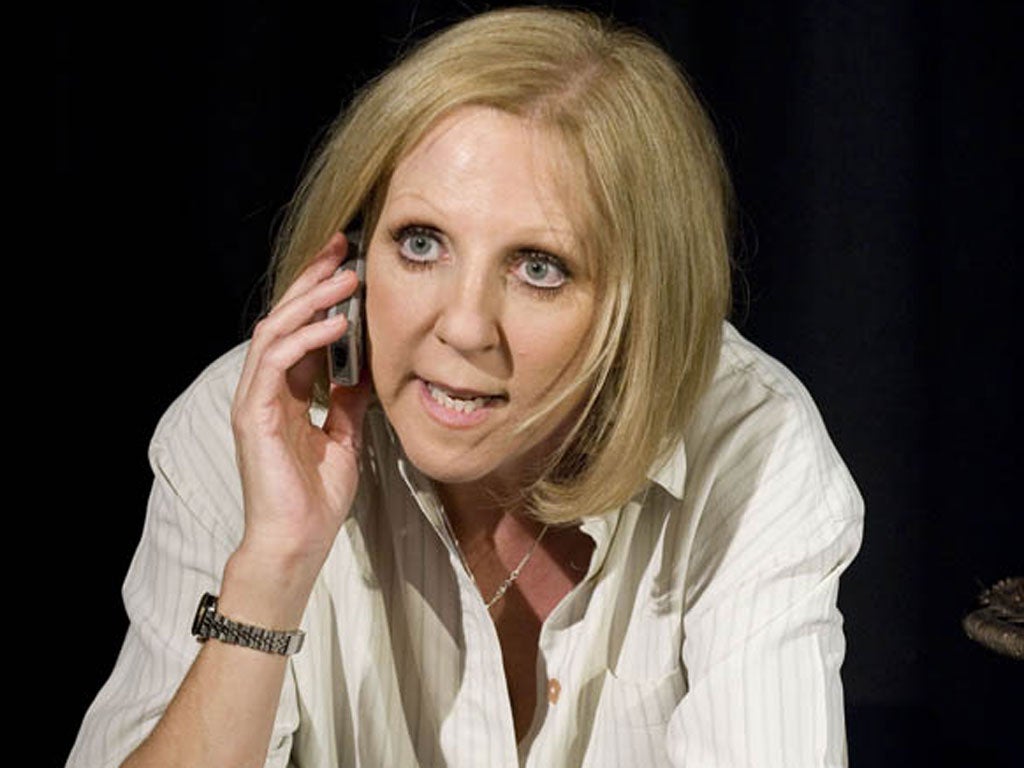
In 1988, Mirza Tahir Hussain – an 18-year-old British subject who had been brought up in Leeds – was on a visit to Islamabad.
Within 48 hours, he found himself charged with the murder of a taxi driver, despite his pleas that it was self-defence after the man pulled a gun on him and demanded sex. He spent the next 18 years of his life on death row in a Rawalpindi jail and in all that time the only journalist who visited him was Don Mackay of the Daily Mirror, dispatched undercover to secure an interview. Mackay's wife is the award-winning actress Nichola McAuliffe and A British Subject, in which she plays herself to the manner born and a handful of other characters, is her stirring, funny and informative account of the campaign for justice, seen from the perspective of the couple's personal involvement in the case.
In the play, the affectionately bickering pair appear partly as comic relief, the prisoner's plight rousing them from a mid-life slump of professional self-pity. Even a provincial tour of a second-rate Noël Coward production ("Last night, we played to two old ladies and a boy sucking a blood orange," McAuliffe ruefully wise-cracks) ceases to seem so desperate compared to Hussain's long-running engagement in Rawalpindi. David Rintoul's splendidly earthy and irascible Mackay is jumpy with the jamminess and the danger of his mission until stilled by the heartbreakingly ceremonious good manners, boundless sadness and Koran-studying stoicism of the slow-speaking, stiff-limbed prisoner (excellent Kulvinder Ghir).
McAuliffe wrote to Prince Charles, who, on a state visit to Pakistan, defied his advisers and, during an impromptu encounter in a lift, made a personal appeal for clemency to President Musharraf. It took his intervention to cut through the tangle of competing diplomatic and economic interests in a story that involves dual nationality and a two-track legal system (the Pakistani Supreme Court had quashed the conviction, but the taxi driver's family demanded a life for a life under sharia law).
Hannah Eidinow's lucid, four-strong production hops deftly between locations and beautifully weaves together the tense seriousness with the comic absurdities, as in the hilariously edgy scene where Mackay, who posed as Hussain's English teacher to get into prison, takes formal tea with its suspicious, cultured governor, who grills him on "the essential pessimism of D H Lawrence".
To 26 November (020 7907 7092)
Subscribe to Independent Premium to bookmark this article
Want to bookmark your favourite articles and stories to read or reference later? Start your Independent Premium subscription today.

Join our commenting forum
Join thought-provoking conversations, follow other Independent readers and see their replies